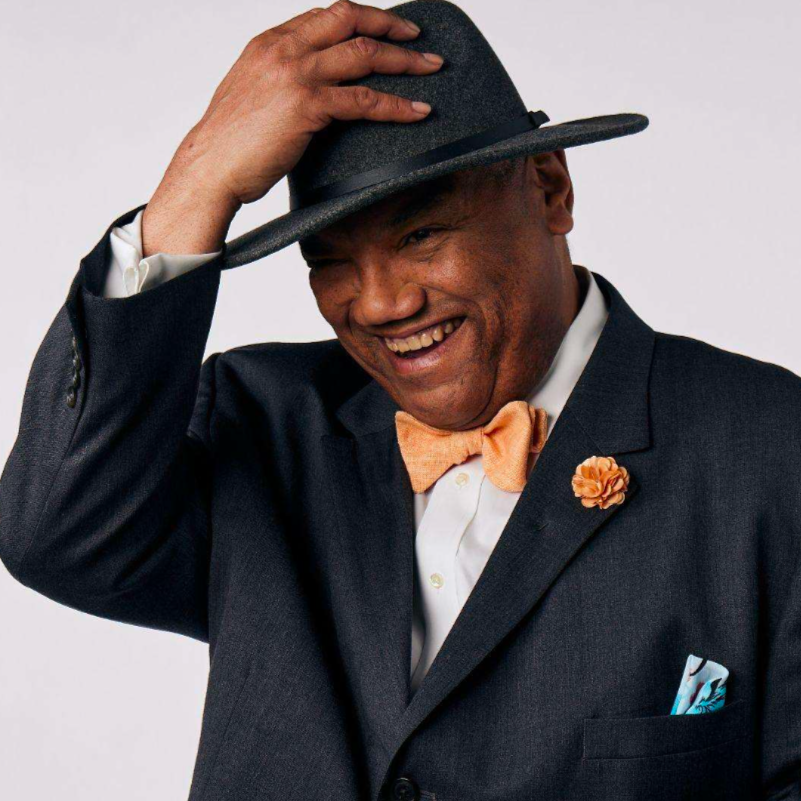Dan Quinn: Steve Sarkisian ‘is coming back in 2018’

Dan Quinn didn’t wince.
He didn’t stutter.
He didn’t hesitate.
The Falcons’ head coach was very clear about one important issue with regard to the future of first-year offensive coordinator Steve Sarkisian during his end-of-season news conference Thursday.
“I know your first question, and I’m not even going to wait for it. Yes, Sark is coming back in 2018,” Quinn said. “We’ve done this dance before.”
Quinn compared the current public outcry after a disappointing season with the one after his first season in 2016. Plenty of people wanted Kyle Shanahan dismissed as offensive coordinator after a bumpy 8-8 season and the move away from legendary wide receiver Roddy White.
“Back in 2016, I stood in front of you, and we had some conversations about Kyle Shanahan, and a number of people wanted his head,” Quinn said. “They are different people, and they are different coaches, but what has stayed the same, and what I learned during that process, is what you are doing in order to build consistency, you better be consistent.”
Shanahan returned and helped guide the Falcons to historic offensive highs on the way to Super Bowl LI last season. He was so good he landed a six-year contract as 49ers head coach, creating the need for a replacement. Enter Sarkisian.
Sarkisian, who had not coached in the NFL since 2005, struggled mightily in his first season in charge of the offense. The Falcons fell off in several key categories.
“Do I think Sark and his staff will go through every play and everything we did this season, yes,” Quinn said. “To examine what was wrong with our scoring. It was not an indication of one play-caller or on one player. It was on all of us.”
The offense went from scoring 33.8 points per game, which ranked first in the NFL, to scoring 22.1 points, which ranked 15th.
In defense of Sarkisian, the Falcons led the league in dropped passes (30). Both of his running backs missed time with concussions. The passing attack was never in sync on deep passes because of offseason injuries to receives Julio Jones and Taylor Gabriel.
“There (are) plenty of plays that Sark would like to have back,” Quinn admitted. “There are some throws that (quarterback) Matt (Ryan) would like to have back. I’m sure there are some drops from our receivers, tight ends and running backs that they would like to have back.”
Quinn even took some of the blame for Sarkisian’s woes.
“And from myself, some calls that I’d like to have back,” Quinn said. “But placing blame on one person would be … So, for me I wanted to make sure the way that we’ll get better is our execution. At times we under-executed and didn’t come through when we needed it.”
Quinn was not finished standing by his man.
“I want to be clear with you, if this was about one person, that decision would have already been made,” Quinn said. “I have no issue with making changes. No problem with that. I have no interest in making changes for the sake of change.”
In addition to the low scoring output, the Falcons under-performed in the red zone.
The Falcons scored touchdowns on 65.5 percent of their red-zone trips -- inside the opponents’ 20-yard line -- last season, which ranked eighth in the league. Under Sarkisian, the Falcons dipped to 49.1 percent, which ranked 23rd.
“What has this offense achieved at the history level that we were expecting, now that this season is over, I think it’s a fair question,” Quinn said.
Quinn felt that the offense played well on first and second downs, but didn’t make enough explosive plays and had too many turnovers.
He felt the pass protection improved from a sack standpoint, dropping from 37 sacks to 24. But that doesn’t account for the fact that Ryan had to throw more quick-gain routes and ran his way out of trouble more often.
“Man, where we lacked, and which defined us, was our big plays that scored,” Quinn said. “When you go back to look and you study it all, in 2016 we had 19 plays that were outside the red zone that scored. That’s a lot. That was at the top. This year we only had seven. We took our shots on big plays. I thought that was a real factor.”
Nothing seemed to work in the red zone, and it was symbolic that the last offensive play against the Eagles in the divisional round of the playoffs was a jump-ball pass to Jones after a sprint out on a fourth-and-2 situation.
“Lack of explosive plays that scored, along with some struggles in the red zone combined that with the turnover margin, and I think that’s where you’ll find where the scoring went down,” Quinn said.
All that said, Sark will be back and he’ll be counted on the fix a lot in his second season.



